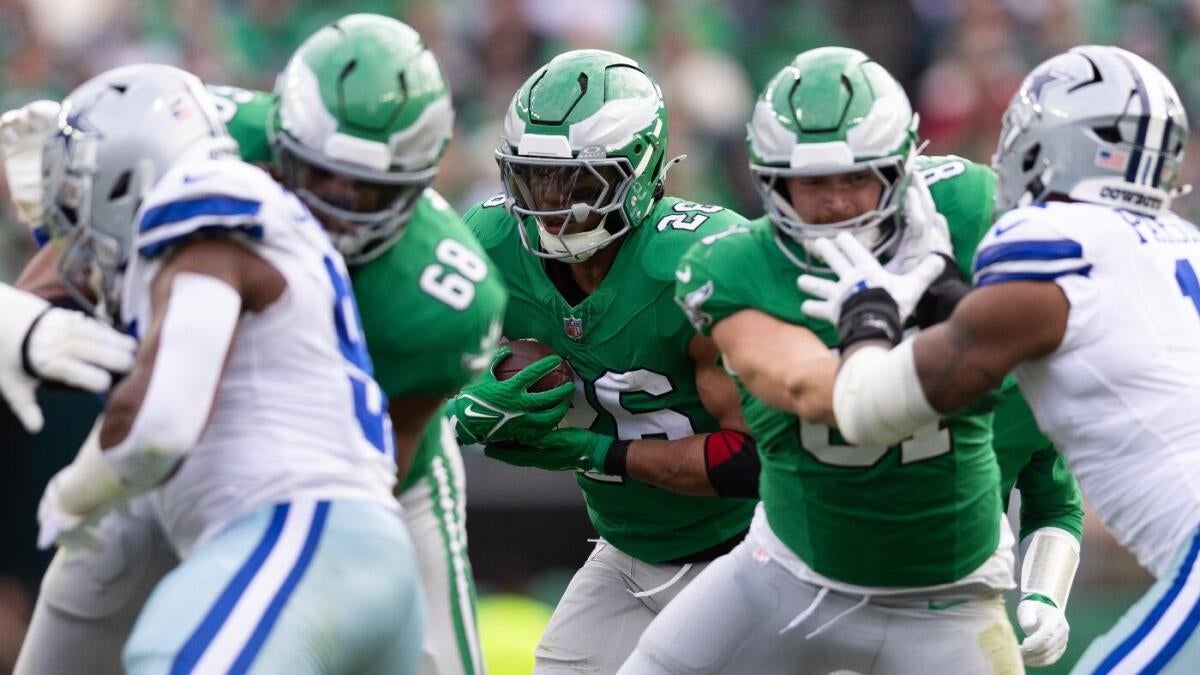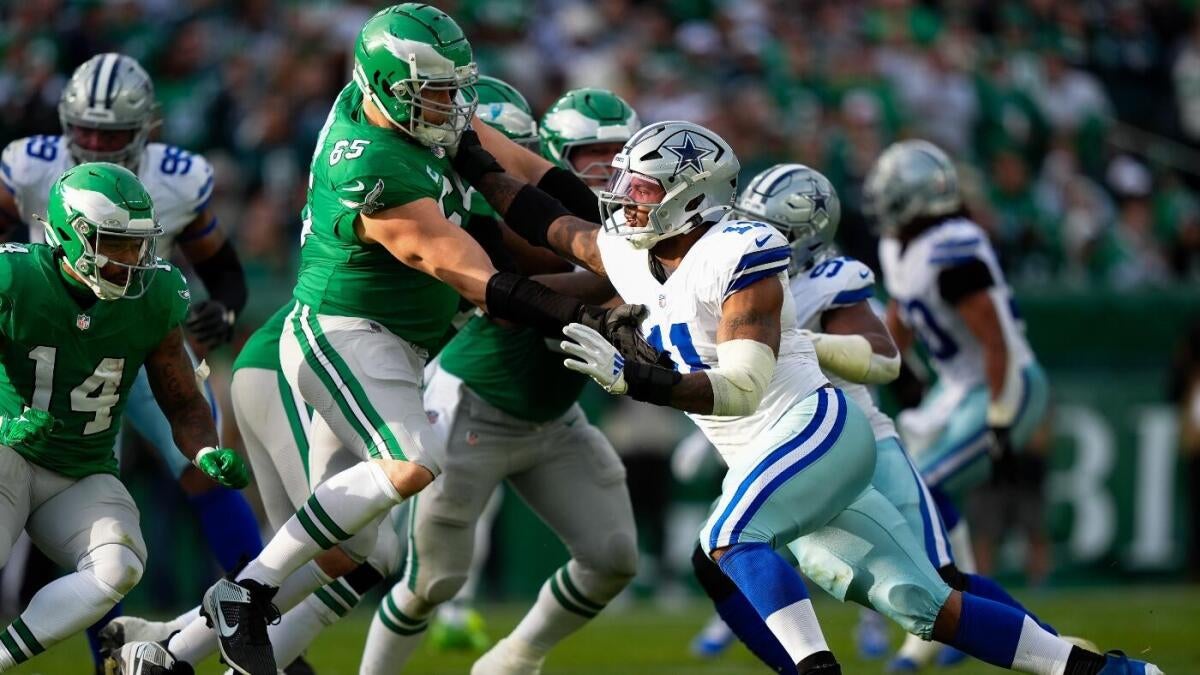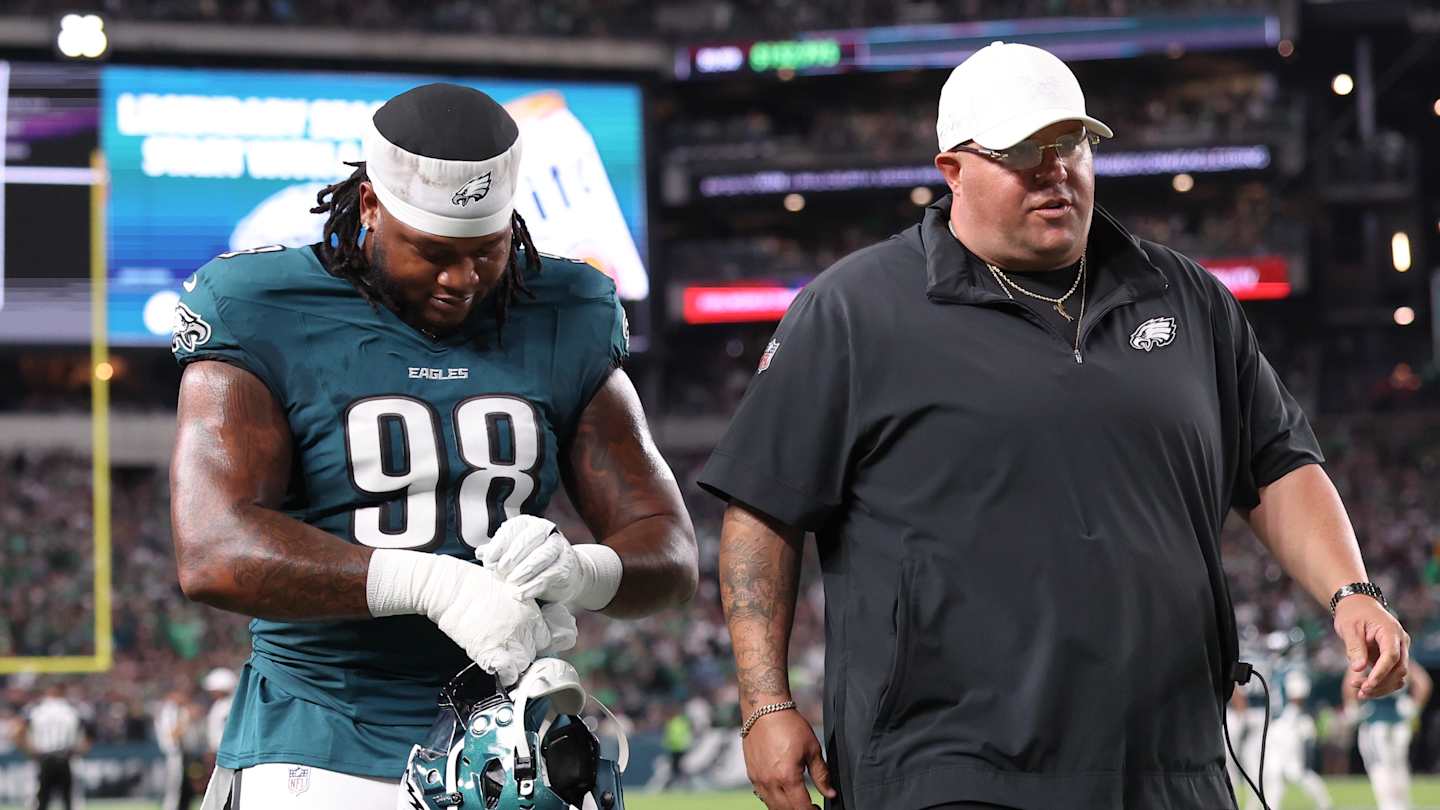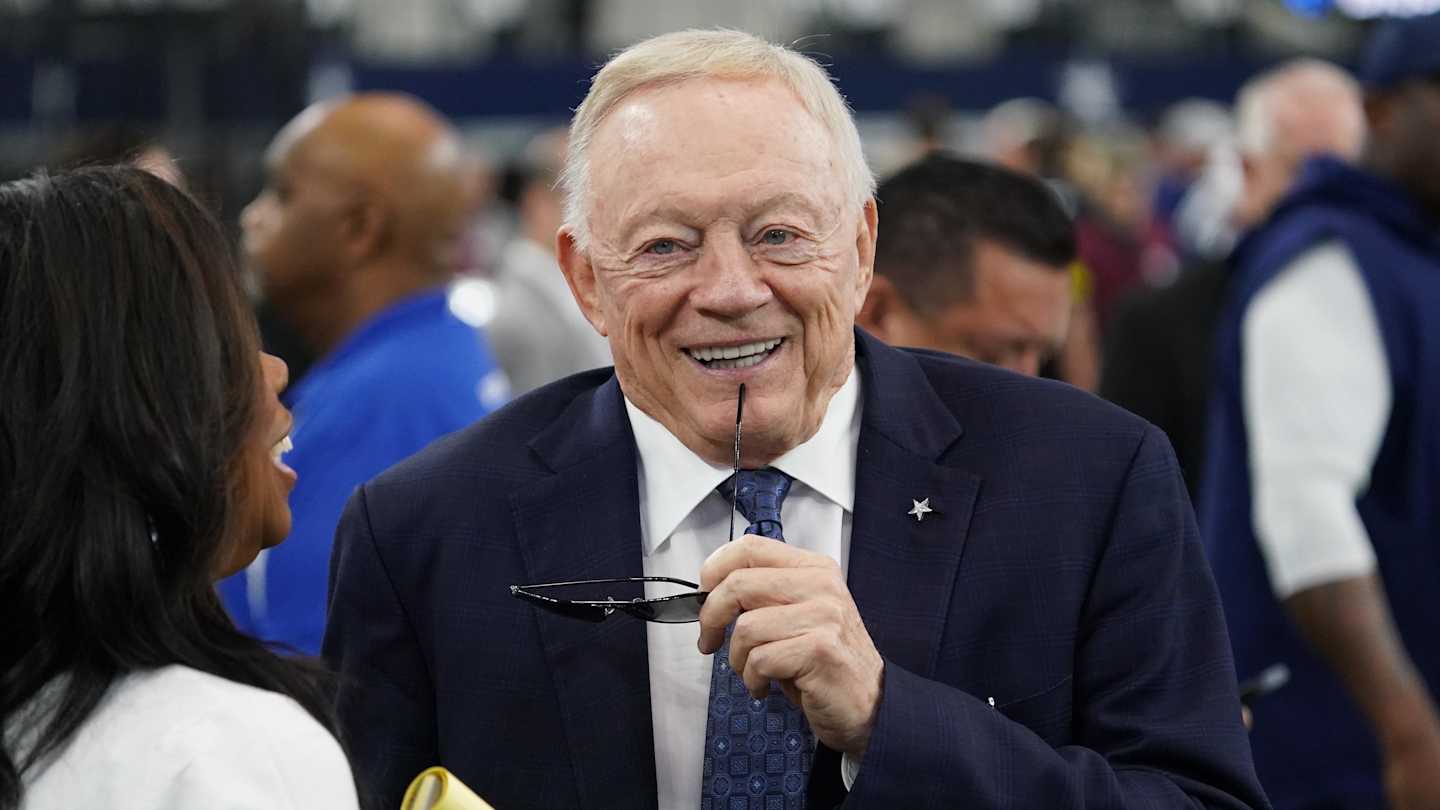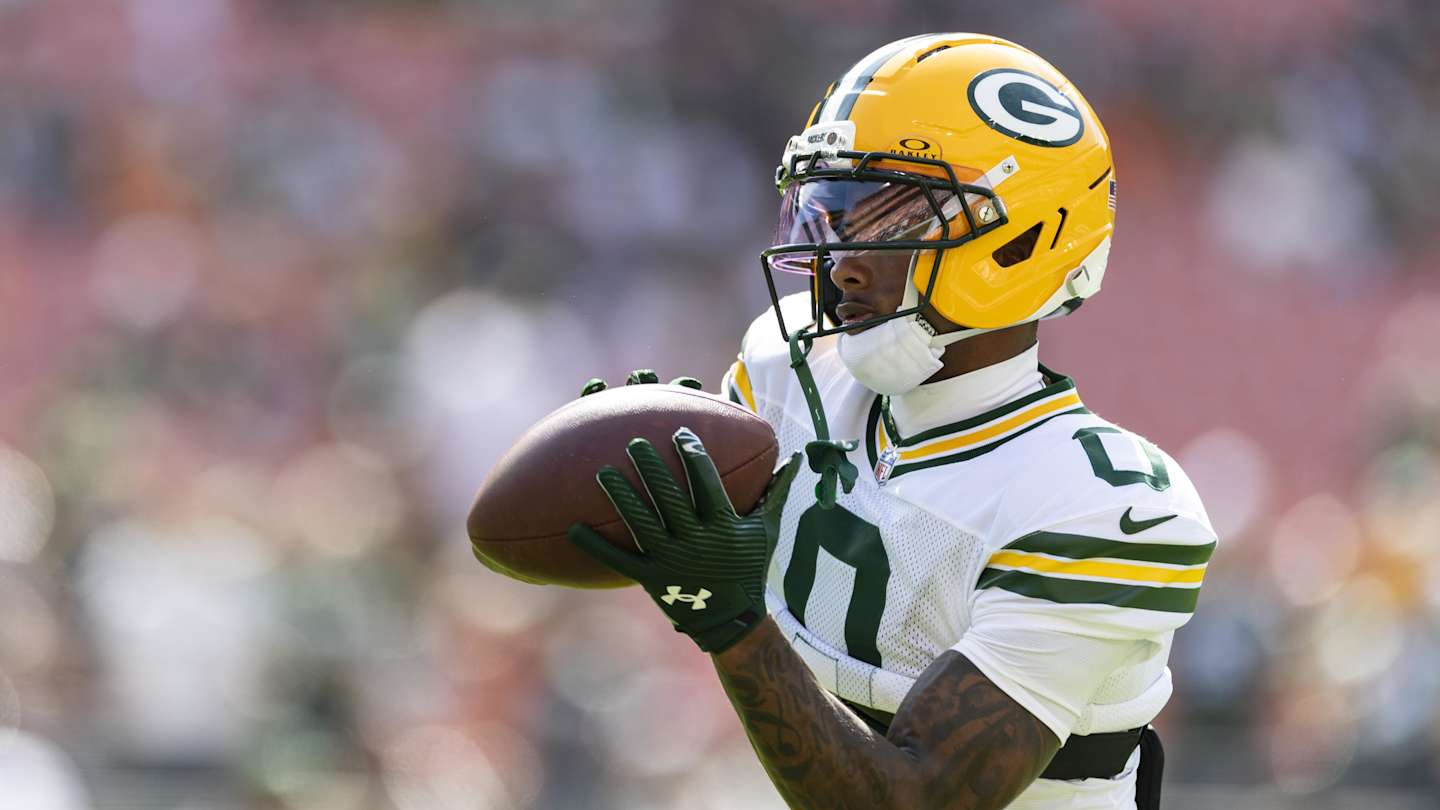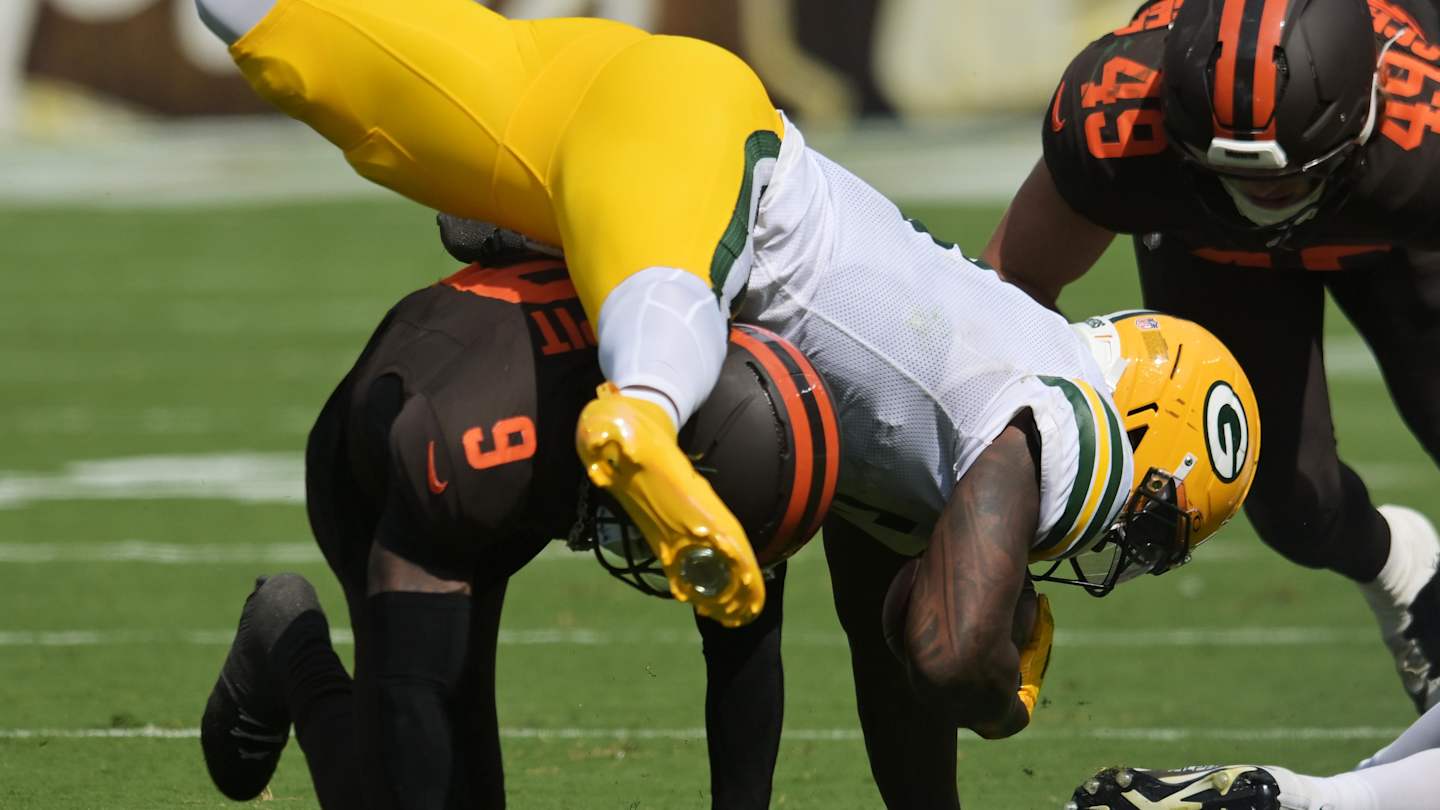
Chicago, IL – Caleb Williams, the highly scrutinized franchise quarterback for the Chicago Bears, is facing a new directive from the coaching staff: temper his expressive body language. While Williams has never shied away from showcasing his emotions, the Bears are emphasizing the importance of a stoic demeanor, particularly in moments of adversity, as he enters his pivotal second season.
The ability to project confidence and composure, even when the chips are down, is a hallmark of elite NFL quarterbacks. For the Bears, this is a crucial area of growth for Williams, whose tendency to wear his heart on his sleeve has been a talking point since his college days.

The Genesis of Scrutiny: From USC to the NFL
Williams’ emotional transparency first garnered national attention during his time at USC. Following a heartbreaking loss to Washington, cameras captured him in tears, being consoled by his mother in the stands. This moment, while humanizing, set a precedent for the public’s perception of his emotional responses to on-field events.
Bears coach Ben Johnson addressed this directly, as reported by ESPN, stating, “It’s like, do we really want to … is this what we want to look like or not? We come to an agreement, no it’s not. OK, we learn from it, we move on to the next thing. We don’t want to be a ‘palms-up team’ where we’re questioning everything. No, no, no; to me that’s a little bit of a sign of weakness. We don’t want to [see] that from anybody on the team.”

A Tumultuous Rookie Campaign: Lessons Learned
The NFL proved to be a harsh proving ground for Williams in 2024. As a first-year starter, he endured a league-high 68 sacks and finished with a 5-12 record. Early struggles with turnovers, including two interceptions in his second and third games, highlighted the steep learning curve. These challenges undoubtedly tested his composure and brought his body language under even greater scrutiny.
General Manager Ryan Poles acknowledged the difficulty of immediate change: “It’s not something you flip a switch and then it’s gone. There’s going to be those moments and there’s going to be different triggers and … as he grows, it’s going to get better and better. But I think you still want your quarterback to have a sense of fire. There’s a time and a place for showing your frustrations or showing your excitement on the other side of that, too. I think it is part of the progression.”

Glimmers of Promise and a Path Forward
Despite the rookie struggles, Williams showcased significant potential, offering hope that he could be the long-term answer at quarterback for a franchise that has historically struggled at the position. A standout performance in Week 6 against the Jaguars saw him throw four touchdowns on 23 of 29 passing, an early career high.
Crucially, Williams demonstrated considerable improvement in the latter half of the season, throwing 11 touchdowns to just one interception from Week 12 onward. This late-season surge hints at a potential “second-year leap,” which could be further amplified by the arrival of new offensive coordinator Ben Johnson.

The Johnson Effect: A New Offensive Era
Johnson, renowned for orchestrating some of the NFL’s most potent offenses during his tenure with the Detroit Lions, takes the reins as play-caller in Chicago. His arrival is expected to revitalize an offense that ranked dead last in total yards last season. A more efficient and productive offensive system could naturally reduce the “triggers” that lead to Williams’ visible frustrations.
The Bears’ emphasis on Caleb Williams’ body language is not merely about aesthetics; it’s about cultivating a leader who can inspire confidence and resilience in his teammates, regardless of the score or situation. As Williams embarks on his second season, the spotlight will be not only on his arm but also on his ability to project an unwavering presence.


